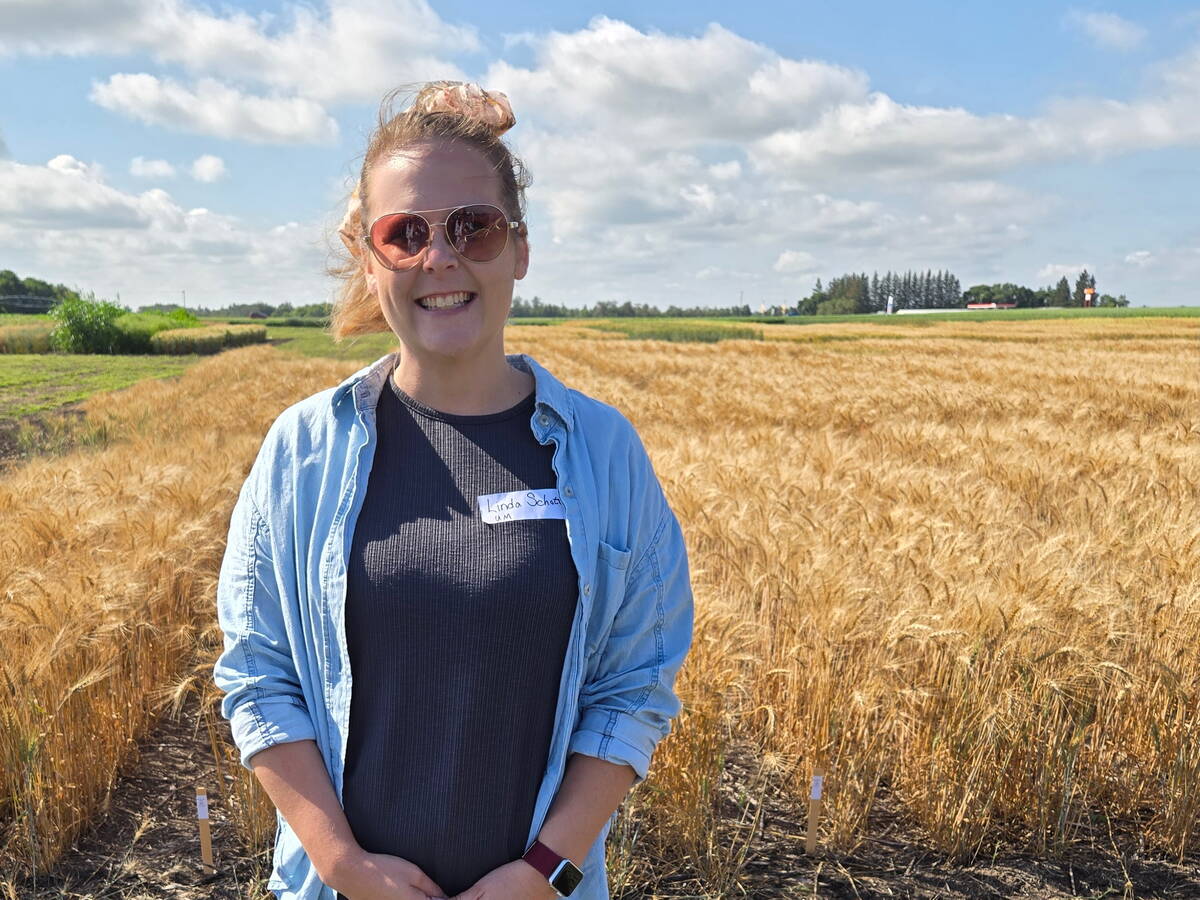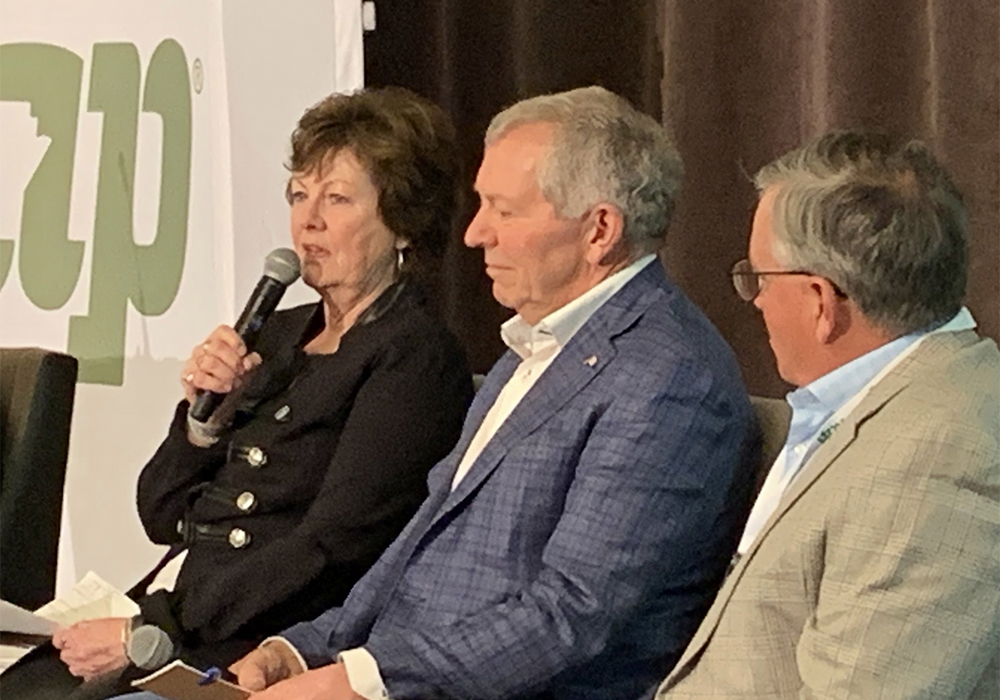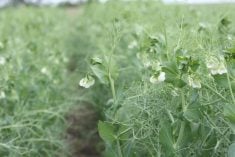Sustainability means different things to different people and farmers worry it doesn’t include vital financial viability
A spectre hung over the farmers at Keystone Agricultural Producers annual meeting — the spectre of sustainability.
Farmers at coffee breaks and dinners worried about what the “S” word might mean for farmers’ viability as it is imposed by future governments, companies and consumers.
Speaker after speaker raised the issue as the biggest issue confronting farmers for the foreseeable future.
“Sustainability is now table stakes for us to be in the business,” said Alanna Koch, Saskatchewan farmer, chair of the Global Institute for Food Security, former deputy minister of Saskatchewan Agriculture and a long-time farmer advocate.
Read Also

University of Manitoba hires potato researcher
A new research chair position at the University of Manitoba will tackle sustainability in the potato industry.
That can be a challenge, she and others noted, because many non-farmers’ definitions of sustainability don’t include farmer financial viability .
“We must ensure the economic viability of producers, while striving towards food security commitments in Canada and around the globe,” said Bill Campbell, KAP president.
“We must always ensure that the economic viability of all the hard work we do as farmers doesn’t get forgotten by policy makers as they try to solve environmental and sustainability challenges.”
Many of the sustainability programs discussed at KAP are directly tied to farm financial viability, such as water and soil programs, habitat protection on wetlands and vulnerable soils, as well as fertilizer efficiency approaches.
“When we’re talking about sustainability and suitable programming, we understand that it’s not just about environmental sustainability,” said Lynda Nichol, the executive director of Manitoba Association of Watersheds.
“It’s about the economic viability of implementing those programs.”
Those sorts of programs, such as the ones offered by groups like watershed districts and Ducks Unlimited, weren’t the ones rattling farmers. What hung over the proceedings was the federal government’s target of reducing emissions from fertilizer by 30 percent.
While some soil scientists and agronomists believe that target is achievable using new technologies and 4R strategies, few are confident it can be achieved at the same time as greatly increasing production, which is most farmers’ hope and the industry’s plan.
Mary Robinson, the Prince Edward Island farmer who is Canadian Federation of Agriculture’s president, told KAP that CFA is stressing to the federal government that any future fertilizer policies must be “pragmatic, voluntary and not negatively affect Canadian farmers.”
During KAP’s resolutions sessions southwestern Manitoba farmer David Rourke called on both federal and provincial governments to put their money where their mouths are in terms of supporting the adoption of 4R and regenerative ag practices, which are still not enough advanced to satisfy farmers’ and governments’ needs and desires.
They should “invest more into researching logical, easy-to-use, scalable and cost effective technologies that would assist farmers be financially sustainable when striving towards the Canadian goal of clean growth and net zero by 2050.”
Manitoba Agriculture Minister Derek Johnson heralded his government’s approach of tying fertilizer emissions to efficiency and cost to the farmer as a solution that offers a “win-win” on both economic viability and environmental protection.
Manitoba Agriculture land management specialist Laura Grzenda said her department always keeps financial and environmental sustainability connected.
“We’ve moved from just environmental stewardship to sustainability, which we know includes economic and social components and we say that a lot,” said Grzenda.
“We need to focus on profitability…. Farmers need to be profitable…. Our welfare matters.”
Karli Reimer of Ducks Unlimited had similar thoughts.
“We can’t have (sustainability) without it being profitable, without the health of the farmers and their families and the communities they represent,” Reimer said.
Companies and governments around the world are embracing sustainability rules, requirements and regulations on food sources and food producers, something which inevitably reaches back to the farmer. At the same time, governments and foreign populations are becoming increasingly concerned with access to safe and reliable food supplies. Balancing those concerns along with the farmer’s ability to thrive will be a growing challenge.
But the need to balance these sometimes contradictory demands is necessary, Koch said, to avoid a disaster like that which has struck Canada’s oil and gas industry.
In that industry, one of the world’s safest, most reliable and environmentally regulated sources of fossil fuels has been crippled by a loss of social licence and political support, leaving Canada poorer, the world short on energy, and the future a tangled mess.
Farmers need to avoid that sort of a future, Koch said, because once things go bad it can be hard to fix them.
















